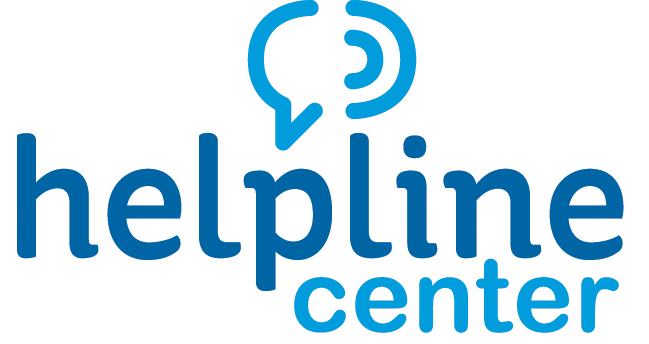How to Help a Loved One with Opioid Use Issues
What are opioids?
Opioids are a family of drugs that can be dispensed for prescription uses such as pain and severe diarrhea, and if monitored and taken as prescribed can be very helpful. Opioids can be highly addictive. The Opioid family includes prescription drugs such as Vicodin, Percocet, OxyContin, morphine, Fentanyl or illicit drugs such as heroin.
When opioids are used outside of their intended use a person can develop Opioid Use Disorder, a disease that affects a person’s brain and behavior. Opioid Use Disorder (OUD) results in an inability to control the use of drugs leading to health problems or interfering with the ability to work, go to school, and maintain good relationships.
Signs that a person may be dependent or abusing opioids:
- Having multiple doctors
- Having multiple prescriptions or extra pill bottles turning up in the trash
- Shifting or dramatically changing moods; angry outbursts
- Uncontrollable cravings/urges to use the substance when it is no longer medically needed.
- Sudden financial problems
- Noticeable elation/euphoria or marked sedation/drowsiness
Withdrawal symptoms can mimic flu symptoms and last 3 – 7 days. They include:
- Headache
- Nausea and vomiting
- Diarrhea
- Sweating
- Fatigue
- Anxiety
- Inability to sleep
Overdose is possible and life threatening. Symptoms include:
- Shallow breathing or breathing difficulty
- Unconsciousness or inability to awaken
- Lips and fingers turning blue or purple
Options for care:
1. If you suspect overdose, call 9-1-1
If the person is presenting the symptoms of overdose, call 911. You may also call 911 to request a wellness check if you are unsure of their current safety.
2. Call the South Dakota Opioid Resource Hotline 1-800-920-4343 or text ‘OPIOID’ to 898211
The Hotline is available 24 hours a day, 7 days a week and will be answered by trained crisis workers to assist in finding local resources. Texting will connect you with resources that best fit your need by answering a few questions. People may call or text for themselves or for a loved one who is struggling.
3. Schedule an assessment
An opioid use assessment is performed by a substance use disorder professional or mental health professional. The assessment will determine the most appropriate place and form of treatment. Some options include outpatient counseling, residential or inpatient treatment.
4. Initiate a Substance Use Involuntary Commitment (IVC)
If a loved one is experiencing an opioid use-related crisis and is refusing treatment, it may be appropriate to file a petition for Substance Use Involuntary Commitment. They will have to meet one of the following criteria:
- Has threatened, attempted, or inflicted physical harm on themselves or on another or is likely to inflict physical harm on another
- Is incapacitated by the effects of alcohol or drugs
- Is pregnant and abusing drugs
This process is initiated through the Clerk of Courts.
For more information, call the South Dakota Opioid Resource Hotline 1-800-920-4343 or search the Helpline Center Resource Database:
- www.helplinecenter.org/2-1-1
- Enter your Zip Code
- Select categories:
- Substance Use (or Addictions)
- Support Groups
Sources:
- Center for Disease Control and Prevention https://www.cdc.gov/drugoverdose/index.html
- DSS Behavioral Health – Involuntary Commitments https://dss.sd.gov/formsandpubs/docs/BH/ivc_brochure.pdf
- Substance Abuse and Mental Health Services Administration https://www.samhsa.gov/
- South Dakota Department of Social Service A Roadmap of South Dakota’s Substance Use Involuntary Commitment For Professionals
Disclaimer: This HelpSheet is developed by the Helpline Center for informational purposes only. HelpSheets provide a brief overview of the designated topic. For more information, call 211 or text your zip code to 898211.
Updated: March 2024






